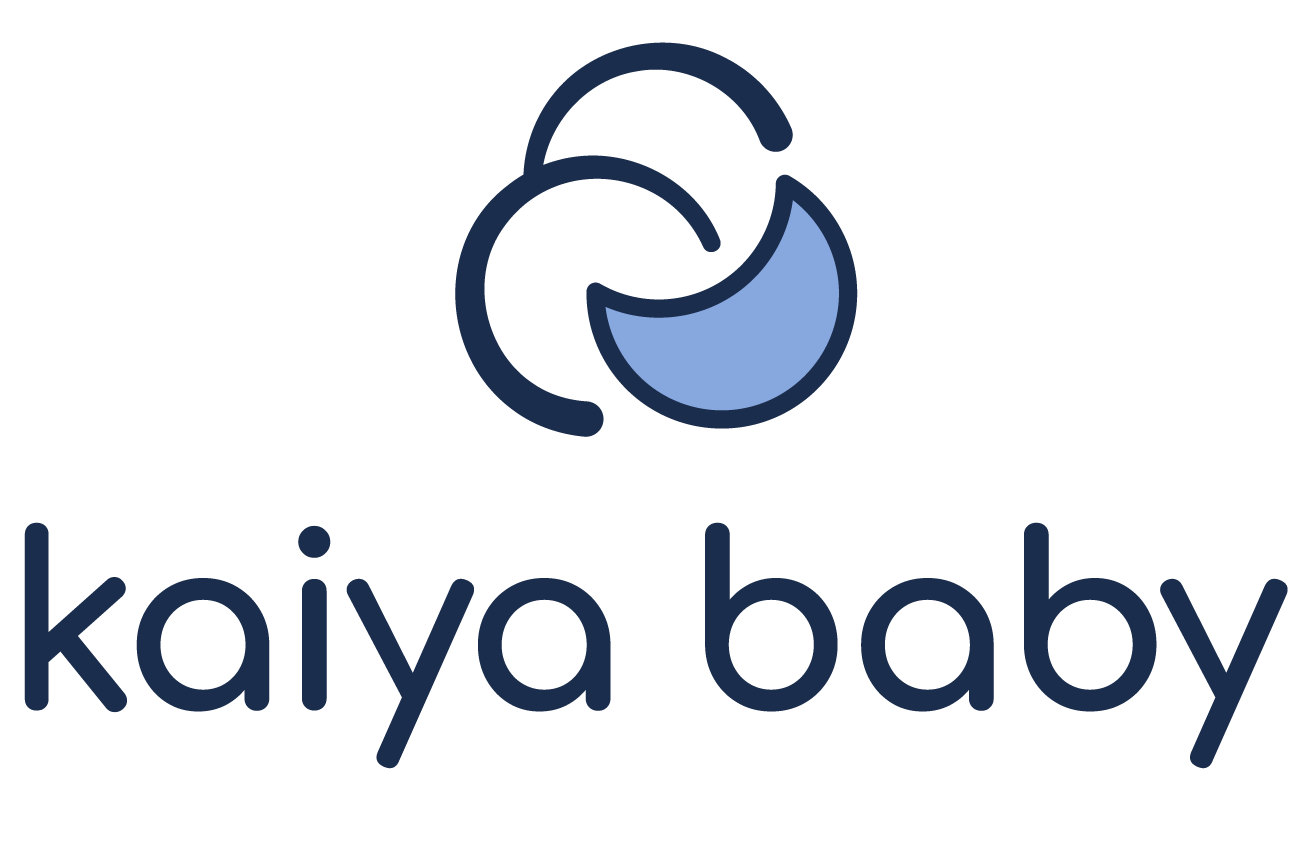
16-Month Sleep Regression
Parents in the United States often are confused that their once well-rested baby suddenly begins waking up frequently during the night around 16 months of age. This phenomenon is known as 16-month Toddler Sleep Regression, and it can make parents feel exhausted and worried about this new stage in their toddler's sleep development.
While it may seem frustrating, this sleep regression is a normal part of a toddler's growth and development. The 16-month sleep regression is characterized by disrupted sleep patterns and an increased number of nighttime awakenings. Understanding why sleep regression occurs and how to deal with it can make it easier for the whole family to this challenging time smoothly.
- Is there a 16-month sleep regression?
- 16 month sleep regression symptoms
- How long does a 16-month sleep regression last?
- What to do if my baby's 16-month sleep regression?
- Conclusion
Is there a 16-month sleep regression?
Many parents wonder if sleep regression exists in 16-month-old babies. It does exist. Around this age, a toddler's sleep patterns may begin to become disrupted. You're not alone. Many parents have noticed that their babies are waking up more often in the night or having a hard time settling down to sleep.
Sleep regression can be difficult to deal with, but it is a normal part of a toddler's development. There are a few things parents can do to soothe toddlers and help them get through this time.
16 month sleep regression symptoms
Here are three typical symptoms of the 16-month sleep regression:
Increased nighttime awakenings:
During sleep regression, toddlers may start waking up more frequently during the night. They might cry out or fuss, disrupting their usual sleep patterns. These awakenings can occur multiple times throughout the night, making both parents and toddlers feel restless.
Difficulty settling down to sleep:
Toddlers who are experiencing the 16-month sleep regression may struggle to fall asleep at bedtime. They might resist going to bed, tossing and turning, or crying before eventually settling down. This difficulty in settling down can prolong bedtime routines and lead to frustration for both parents and toddlers.
Shorter naps:
Another common symptom is a shortened daytime nap schedule. Toddlers who used to nap longer may suddenly start waking up earlier or refusing to nap at all. This can lead to excessive daytime fatigue and temper tantrums.
The intensity and duration of symptoms vary from baby to baby but are common in the 16-month-old sleep regression period. Understanding these symptoms can help parents and toddlers get through this challenging stage with patience and support.

How long does a 16-month sleep regression last?
Sleep regression in a 16-month-old baby usually lasts from a few weeks to a few months. Don't worry too much, it's usually just a temporary phase.
Sleep regression in a 16-month-old baby usually lasts from a few weeks to a few months. Don't worry too much, it's usually just a temporary phase.
Some toddlers may return to their normal sleep patterns quickly, while others may take longer to adjust. Every toddler is different, so parents must be patient and supportive during this time. Give your little ones gentle encouragement, most toddlers will eventually return to their normal sleep habits.
What to do if my baby's 16-month sleep regression?
Here are some strategies to help parents cope with their baby's sleep regression at 16 months of age:
Insist on a consistent bedtime routine:
Establishing a calm bedtime routine can remind the baby that it's time to relax and go to bed. This bedtime routine may include activities such as:
- Taking a warm bath.
- Reading a book.
- Singing a lullaby.
Consistency is key, following the same routine every night can help your baby build "body awareness'' and tell them it’s time to fall asleep.
Create a comfortable sleep environment:
Make sure your toddler's sleep environment is conducive to restful sleep.
- Keep the room dark, quiet, and at a comfortable temperature.
- Consider using a white noise machine.
- Use blackout curtains.
- Use Sleep sacks.
Try to block out any distractions that could disrupt your toddler's sleep.

Encourage self-soothing:
Teach your toddler how to self-soothe by providing comfort items such as a favorite stuffed animal or blanket. Encouraging your baby to fall asleep independently will help them learn sleep skills and reduce their dependence on you to soothe them to sleep at night.
Stay calm and consistent:
It's important to remain calm and consistent when getting through your baby’s 16-month-old sleep regression. Parents should try to resist the demands of their babies at night which can disrupt their babies’ sleep routine. Consistency will help babies reinforce their healthy sleep habits.
Stay patient:
Above all, remember to be patient with yourself and your baby during this challenging time. Remember that sleep regression at 16 months of age is a normal part of your toddler’s development and will eventually pass. Stay positive and focus on the strategies we recommended above that promote healthy sleep habits in your baby.
By following these strategies and being patient and consistent, parents can help their baby get through the 16-month-old sleep regression smoothly and minimize disruptions to his or her sleep routine.
Conclusion
In conclusion, the 16-month-old sleep regression can be a challenging time for both toddlers and parents. However, it is important to remember that this phase is temporary and a normal part of your toddler's development. By using strategies such as maintaining a consistent bedtime routine, creating a comfortable sleep environment, and maintaining patience and consistency, parents can help their toddlers get through this stage and minimize disruptions to their sleep patterns. Most toddlers will eventually return to their normal sleep habits.

Yujia Shi
An expert in sleep sack design, is a valued contributor to Kaiya Baby's blog. With a strong background in baby sleep bags and maternal care, she is highly regarded for her professionalism. Yujia Shi prioritizes baby comfort and safety in her designs, using high-quality materials. Her insightful articles on sleep bags have been featured in reputable publications and have gained a significant readership. Trust Yujia Shi to help you create a comfortable and safe sleep environment for your baby, backed by her proven track record in the industry.



Leave a comment
This site is protected by reCAPTCHA and the Google Privacy Policy and Terms of Service apply.